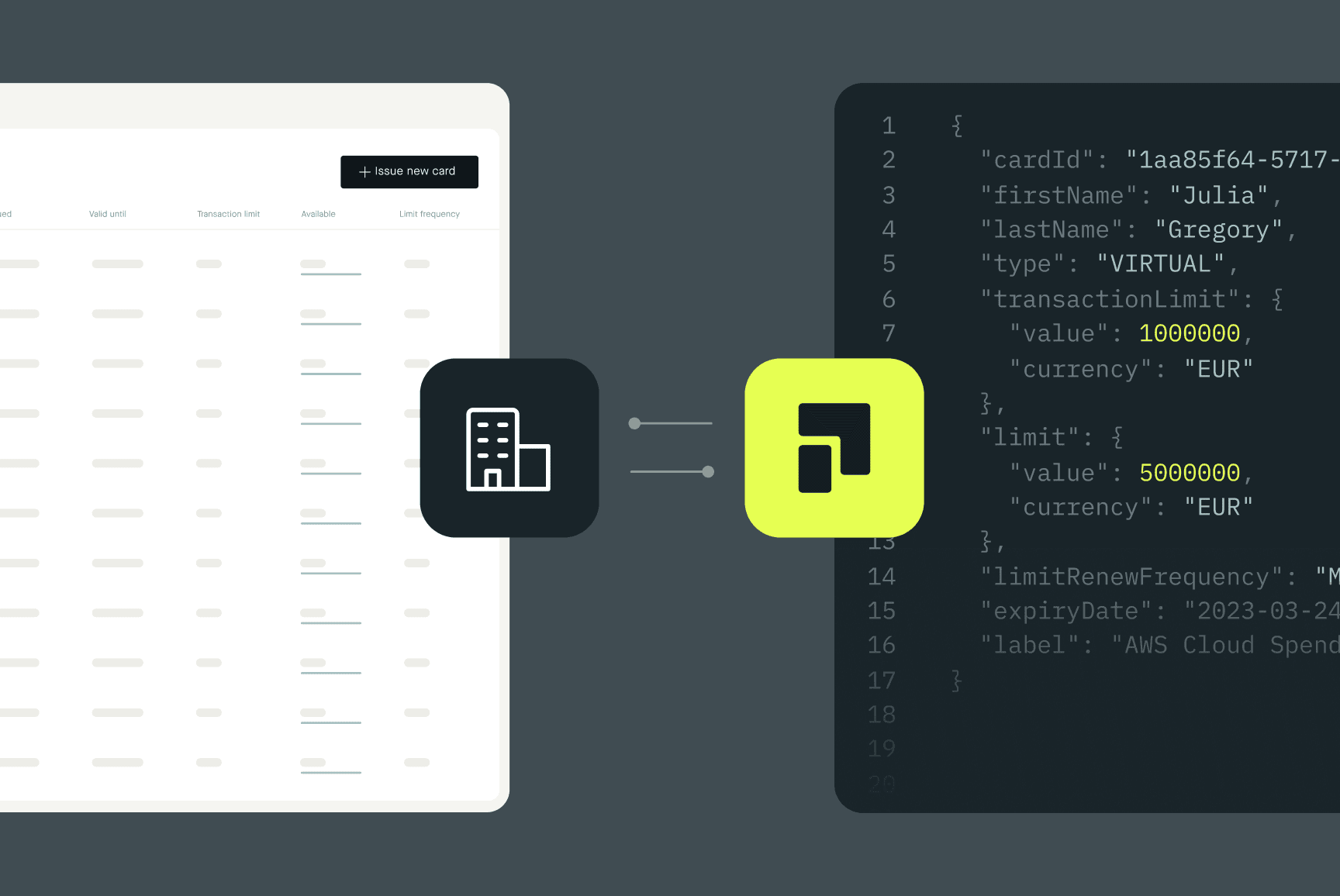Is your business GoBD compliant?
Whether you're interested in starting a business or expanding your operations to Germany, making sure your company is GoBD compliant should be one of your top priorities. In this quick read, we’ll address the most relevant aspects you should consider before taking the big leap into the German market.


💡 Quick note: For more detailed information and legal and financial advice, contact your tax advisor.
What is GoBD?
Conveniently, GoBD is short for Grundsätze zur ordnungsmäßigen Führung und Aufbewahrung von Büchern, Aufzeichnungen und Unterlagen in elektronischer Form sowie zum Datenzugriff.
Which in English translates to “Basic Principles on The Proper Keeping and Storage of Financial Books, Recordings, and Documents in Electronic Form as Well as Data Access.”
Who regulates the GoBD?
The German Federal Ministry of Finance has been regulating these principles since 2014. And in January 2020, an updated version came into effect.
What are the GoBD principles?
As mentioned previously, in Germany, the principles of proper accounting are known as 'GoB'; the added 'D' refers to 'digital data' or ‘electronic form.’
They're based on the German Fiscal Code (AO), and they make the digitization and management of financial documentation possible.
Their main purpose is to ensure that both entrepreneurs and companies maintain and process their physical and digital financial records, also known as 'books', in tip top shape.
The GoBD principles can be listed and summarized as follows:
1. Traceability and Verifiability
As the name implies, your financial records must be easy to track and verify. In order to do so, you should have a reliable invoice management system.
We also recommend that you prepare a documentation process describing how your tax information is or will be handled, including:
Internal Control System (ICS)
all types of company expenses and revenue streams
relevant financial processes
the way in which receipts and invoices are handled,
etc.
This will be extremely useful if you plan to hire a third party to manage your finances as it will give them a clear picture of the financial state of your company and the procedures you have in place to fulfill your tax obligations.
2. Principles of Truth
Your tax auditor must be able to ensure that all your transactions are governed by honest practices and therefore processed in reliable systems, always abiding by the GoBD standards.
3. Clarity and Continuous Recording
Keep in mind that all your physical and digital financial records must remain available from 6 to 10 years in case you're required to submit them for review.
4. Completeness
Each document subject to review must be recorded in full.
Invoices, for example, must contain at least the following data:
Date of issuance
Invoice sequential number
VAT business information
Business and customer address
Legal entity (GmbH, AG, KG, OHG, e.K)
Tax number
Complete and detailed description of sale or service provided
VAT amount or VAT exception if applicable (i,e. zero VAT rate or reverse charge)
5. Individual Recording Obligation
Even if you're planning to hire a third party company or software, to handle your bookkeeping, bear in mind that only you--as the owner of the company, will be responsible for being compliant at the time of the audit as stipulated by article 33 of the AO (German Fiscal Code).
6. Correctness
As you can imagine, your tax-relevant data must be double-checked before submitting it for audit review to avoid any mishaps.
7. Timely Bookings and Records
It is critical that your accountant or finance teams educate your employees around this important issue.
Your staff should scan and submit invoices immediately after an expense is made so that at the end of the month all receipts are recorded and available in your accounting system with the expenses made in that period.
8. Order and Immutability
Your records should be kept in an orderly and chronological fashion. This way, a tax auditor will be able to access them quickly.
Immutability means that no receipt or invoice should be altered or overwritten.
What happens if you do not comply with GoBD?
In the event that your company does not comply with the GoBD principles, your documents will be subject to a second audit or you could find yourself in a back tax issue.
This is all likely caused by:
not reporting correct taxes the previous year,
not filing a tax return,
reporting incorrect income, or
missing a deadline.
Ways to present data to auditors according to the GoBD
According to the latest update of these principles, companies or entrepreneurs can present digital tax-relevant data in three ways:
1. Direct access (Z1)
2. Indirect access (Z2)
3. Data medium provision (Z3)
Direct access (Z1) allows the auditor to have immediate digital access to the company's records or systems to be audited.
Since the auditor won't be responsible for any type of modification or error, we recommend that you give them 'read-only' permission to your records. This way, they won't be able to edit or modify any data by mistake.
With indirect access (Z2), the auditor must be physically present at the company. There, you will be give them digital access to all necessary documents.
Data medium provision (Z3) grants the information to be audited on a digital medium stipulated by the auditors themselves. This can be in a type of data analysis software normally used by auditors (i.e, IDEA).
Final Thoughts
Tax and data compliance is an issue of great concern for every entrepreneur exploring a new business venture. More specifically if we’re referring to business owners looking to expand into the German market.
We hope we have answered all your initial questions about the GoBD principles, and we remind you to contact your tax advisor if you want to know more detailed information tailored to your business' needs.
If you need a smart expense management solution for your company, we suggest you book a demo with our team.






